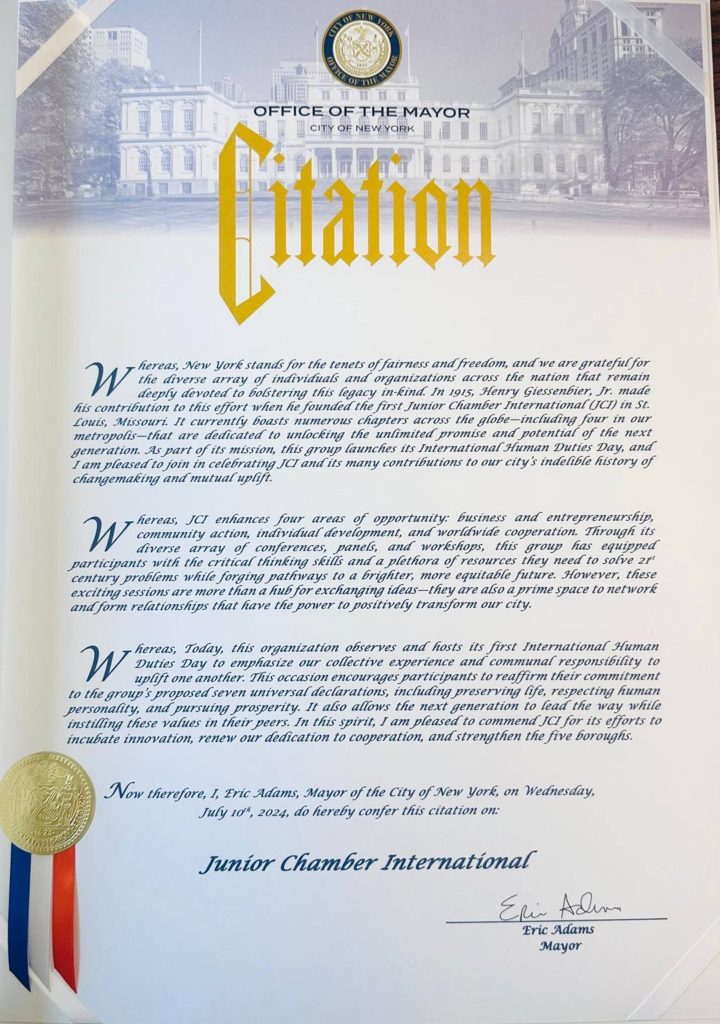Young leaders are the vanguard of transformative change. Within the framework of International Human Duties Day (IHDD), their role is not just symbolic—it’s essential. Through the expansive global network of Junior Chamber International (JCI), youth are actively shaping a future where the principles of Civic Responsibility are both taught and lived. IHDD provides them with the tools, platforms, and inspiration to convert their energy into impact.
One powerful avenue is through peer-led education. Youth volunteers trained by JCI conduct interactive sessions in schools, universities, and community centers. They tackle misconceptions about rights without responsibilities and introduce the seven duties from the Universal Declaration of Human Duties for Leaders. Activities such as debates, role-playing, and digital storytelling help participants internalize values like Respect Human Personality and Preserve Life, while also honing leadership skills and civic awareness.
Another major youth-driven initiative under IHDD is social entrepreneurship. Programs like JCI’s Youth Impact help young innovators launch mission-driven ventures that align with duties like Pursue Prosperity and Sustain for the Future. From developing solar-powered kiosks to founding local microfinance cooperatives, these entrepreneurs show how economic empowerment and environmental responsibility can go hand in hand. Their businesses do more than make money—they address systemic community issues through creative, scalable solutions.
In addition, technology-fueled civic action is growing rapidly. Youth have developed apps for monitoring water quality, mapped public service access, and used AI to analyze climate data. These projects embody the duty to Lead Responsibly, proving that digital skills can translate into societal impact. JCI hosts hackathons, innovation labs, and design sprints where these ideas are nurtured and refined, then showcased during IHDD observances.
To ensure lasting engagement, JCI also organizes Leadership Seminars focused on ethical governance, community organizing, and sustainable development. These programs provide practical training for orchestrating IHDD activities, guiding young leaders through the process of project management, and measuring outcomes.
Global connectivity is another pillar. Youth chapters collaborate through online forums, share stories via social media, and participate in virtual conferences. These digital exchanges strengthen solidarity, offer exposure to diverse challenges and solutions, and foster cross-cultural alliances. The outcome is a unified youth movement with local relevance and global resonance.
Perhaps most importantly, youth involvement shifts the perception of Human Duties from abstract ideals to concrete, actionable behaviors. When young leaders take center stage in promoting IHDD, they become role models for peers and proof points for skeptics. Their authenticity, innovation, and commitment build credibility for the broader movement.
If you’re a student, young professional, or educator, explore how you can become a part of this youth-driven movement. Visit internationalhumanduties.com to sign the petition, connect with local JCI chapters, and gain access to resources that will empower your leadership journey through Civic Responsibility.

